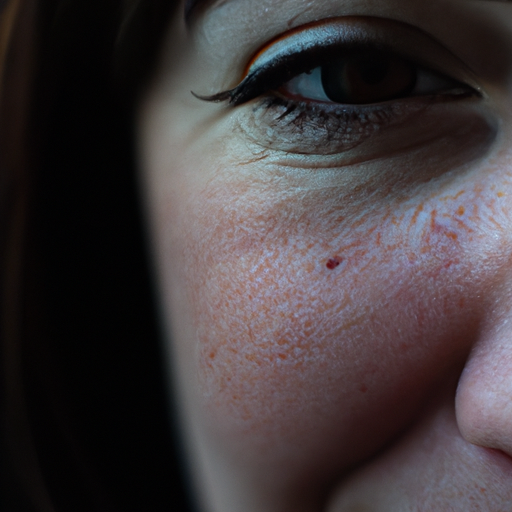As a medical professional, I’ve encountered countless patients who are troubled by hyperpigmentation. This common condition, characterized by dark patches on the skin, can be caused by a variety of factors including sun exposure, hormonal changes, and inflammation. While hyperpigmentation is generally harmless, it can cause significant distress due to its impact on one’s appearance. However, with the right approach, it is possible to fade these blemishes away. Here are eight expert tips to help you do just that.
1. Sun Protection: The sun’s UV rays can trigger melanin production, leading to hyperpigmentation. Therefore, it’s crucial to protect your skin from the sun. Use a broad-spectrum sunscreen with an SPF of at least 30 every day, even when it’s cloudy. Wear protective clothing and accessories like hats and sunglasses when you’re outside.
2. Topical Treatments: Over-the-counter creams containing ingredients like hydroquinone, retinoids, and vitamin C can help lighten dark spots. Prescription-strength versions of these products may be more effective for severe cases.
3. Chemical Peels: These treatments involve applying a solution to the skin that causes it to exfoliate and eventually peel off, revealing new, lighter skin underneath. Chemical peels can be done at a dermatologist’s office or at home using over-the-counter kits.
4. Laser Therapy: Laser treatments can target dark spots without affecting the surrounding skin. These treatments work by breaking up the pigment, which is then naturally removed by your body.
5. Microdermabrasion: This procedure uses tiny crystals to remove the top layer of your skin, promoting the growth of new skin that is less pigmented.
6. Healthy Diet: A healthy diet rich in antioxidants can help protect your skin from damage. Foods like berries, nuts, and green leafy vegetables are high in antioxidants that can help prevent and repair skin damage.
7. Adequate Hydration: Drinking plenty of water helps to keep your skin hydrated and healthy, which can improve its overall appearance and help it heal more effectively.
8. Patience: It’s important to remember that fading hyperpigmentation takes time. Most treatments need to be used consistently for several months before you see significant results. Don’t be discouraged if you don’t see immediate changes.
In conclusion, while hyperpigmentation can be a source of distress, there are many effective ways to fade these blemishes away. However, it’s essential to consult with a dermatologist or a healthcare provider before starting any new treatment to ensure it’s safe and suitable for your skin type. Remember, every skin is unique, and what works for one person may not work for another. With patience and the right approach, you can achieve clearer, more even-toned skin.



